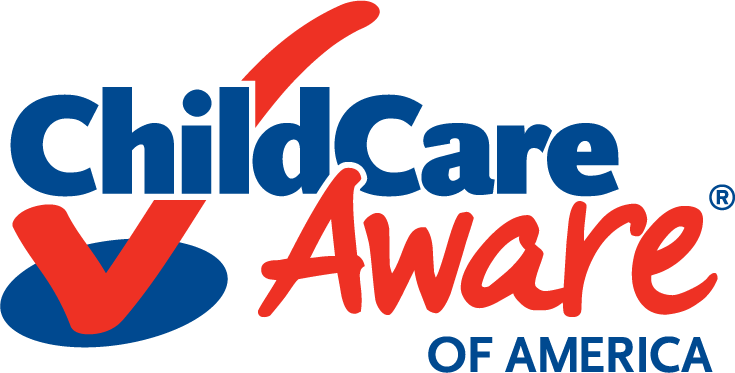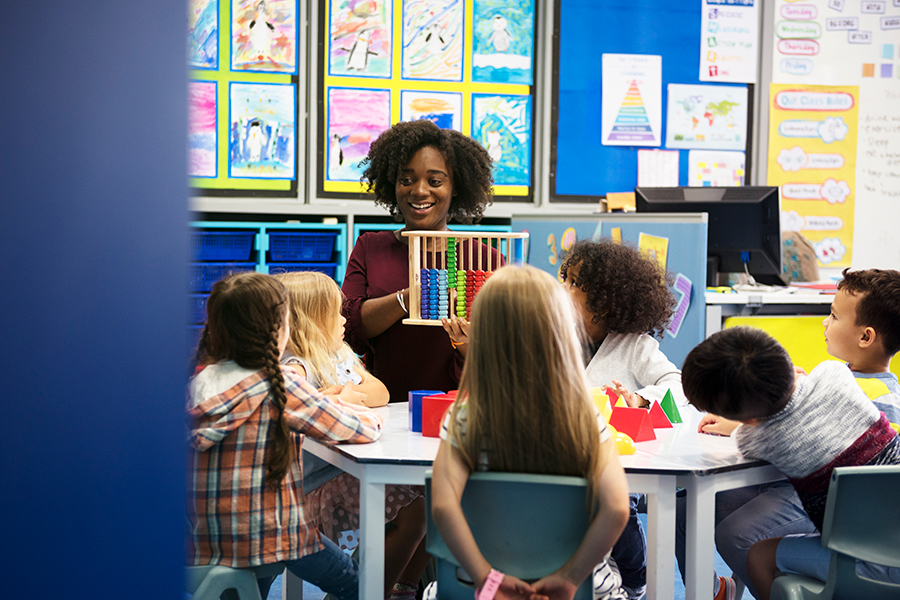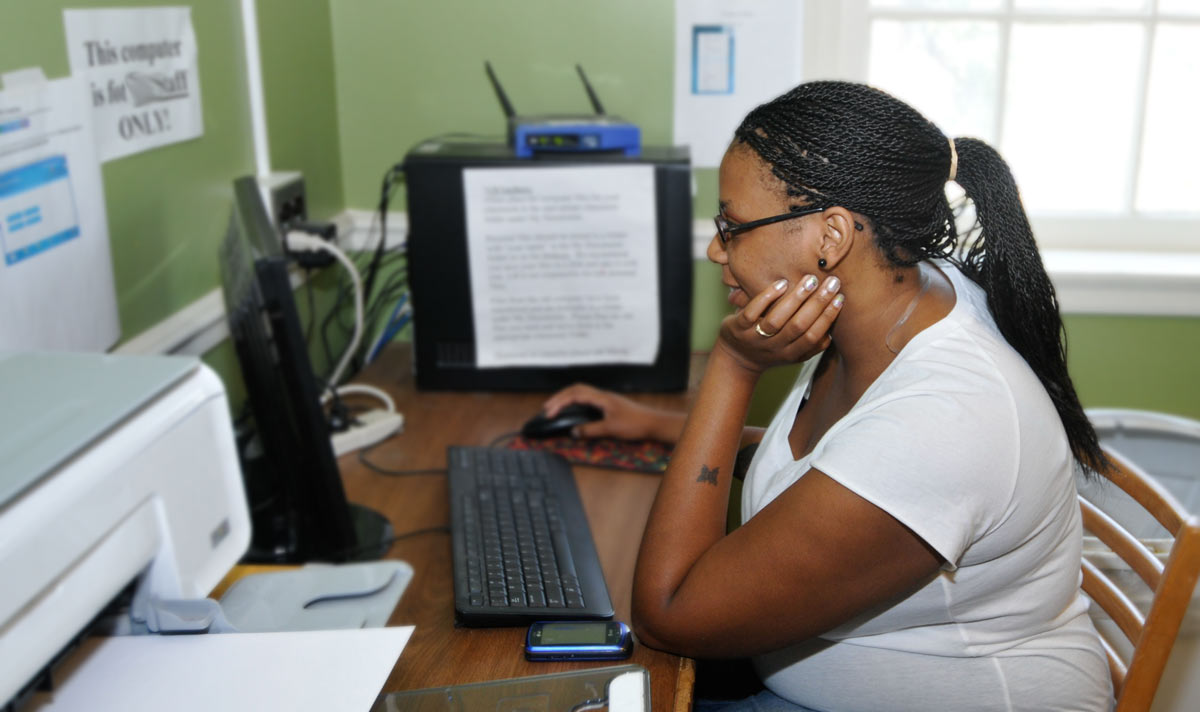
It’s impossible to avoid news about the Coronavirus (COVID-19) these days, and as child care leaders and providers, you are no doubt getting questions from parents about it. You are also probably wondering, how do I, as a child care provider, prevent Coronavirus from impacting the children in my care? What would I do if Coronavirus showed up in my community or child care facility?
There is a great deal of confusion, and some misinformation, floating around. Child Care Aware® of America (CCAoA) is continuing to share the latest information from our trusted public health, child health and rapid response partners. As the nation’s voice for child care and as your trusted partner, CCAoA will continue to post information here, and on our Twitter feed and Facebook page, to help you make sense of the information and how you can take precautions as a child care expert.
What Are the Experts Saying?
According to the Centers for Disease Control and Prevention (CDC), the potential public health threat posed by COVID-19 is high, both globally and to the United States, but individual risk is dependent on exposure. For the general American public, who are unlikely to be exposed to this virus at this time, the immediate health risk from COVID-19 is considered low.
According to the American Academy of Pediatrics, human Coronaviruses are a family of viruses that commonly cause mild to moderate illness like the common cold. Almost everyone gets infected with one of these viruses at some point in their lives, and most of the time the illness lasts for a short amount of time.
A new human Coronavirus, called the 2019 Novel Coronavirus (2019-nCoV), was discovered in Wuhan City, China, in December 2019. While we know it's contagious, it is still not known how easily it spreads from person to person. People with confirmed cases of the Novel Coronavirus reported illnesses ranging from mild to severe. Symptoms are similar to the flu and can include:
- Fever
- Cough
- Shortness of breath
- Body aches
- Tiredness
- Sore throat
- Headache
- Diarrhea
- Pneumonia
What Can You Do to Keep from Getting Sick?
While there is currently no vaccine to prevent 2019-nCoV infection, the good news is that child care providers may be already taking many important steps to prevent the spread of infection based on their day-to-day activities.
The CDC has special advice for business and employers, some of which will look familiar to child care providers:
- Emphasize staying home when sick, respiratory etiquette and hand hygiene by all employees. You already know the importance of children and program staff washing their hands on a day-to-day basis. Keep this up! You can provide alcohol-based sanitizer (containing at least 60-95% alcohol) when soap and water isn’t available, but using soap and water to wash for at least 20 seconds is best. Also make sure children and adults are using proper coughing and sneezing techniques.
- Actively encourage sick employees to stay home. We know it may be difficult to find substitute caregivers in a program, but it’s important to make sure that employees with symptoms are staying home and not coming to work and making others sick.
- Environmental cleaning. This is second nature to providers and done regularly, so it is highly likely providers are already doing this. Making sure you are cleaning frequently touched surfaces is key! No additional disinfection (beyond routine cleaning) is recommended at this time, so providers are most likely already a step ahead of other businesses and workplaces.
Lastly, preparedness and planning are important. If you don’t already have a workplace emergency plan in place, now is the time to get moving. We want to make sure you and your staff are prepared for any type of emergency. There are some great considerations for business continuity and readiness, as well as how to create that plan available for Child Care Resource & Referral (CCR&R) agencies and for child care providers.
Now, we want to hear from you: how is the Coronavirus impacting you, your business and your community? Tell us more.
- What is your community – your state, county, city or town – doing to address concerns about the Coronavirus?
- Has your child care business been impacted by any Coronavirus-related illnesses? How?
- What resources are you using to stay ahead of the disease?
- What information would you like to share with public health officials about the impact of Coronavirus on child care?
As a national child care leader, CCAoA is committed to providing resources to help you keep your employees, the children in your care and yourselves healthy. CCAoA will share your input with your child care and CCR&R counterparts, as well as with national and local public health experts, to help improve the resources they provide to you.
And keep your eyes on this space, and on our Twitter feed and Facebook page for the latest information. We will update this blog next week with the feedback we receive at this link, and we will continue to share resources more often on social media.






